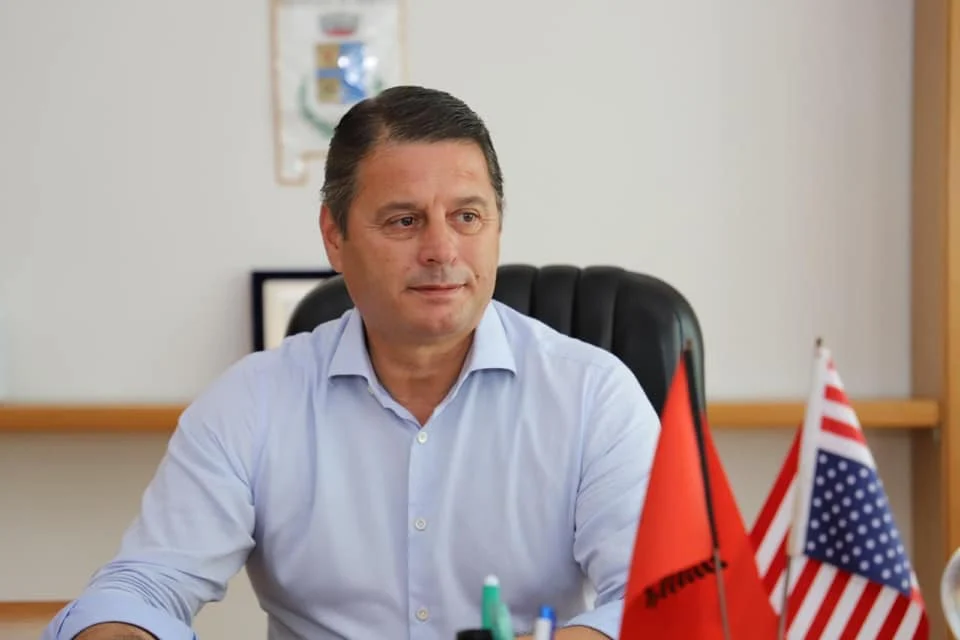Hearing delayed for Socialist Lezha mayor as SPAK seeks case dismissal

The Special Court Against Corruption and Organized Crime (GJKKO) has postponed its hearing on the case of Pjerin Ndreu, Mayor of Lezha, to February 11th. The case involves a charge of abuse of office, filed by the Democratic Party (PD) in 2023. The hearing was delayed due to a failure to notify the plaintiffs. The Special Structure Against Corruption and Organized Crime (SPAK) has requested that the case be dismissed, citing insufficient evidence to substantiate the claims.
Why is this important: The case stands out for its unique context: Ndreu is accused not of neglecting his duties but rather of taking initiative in a manner that allegedly exceeded his authority. The controversy revolves around whether his actions, while well-intentioned, breached legal boundaries by bypassing institutional protocols.
Context: The case stems from road construction work on the Lezha-Shëngjin highway during the 2023 electoral period. The Democratic Party accused Ndreu of initiating the project in violation of election-related restrictions and without the necessary authorization from the Albanian Road Authority (ARRSH), which has jurisdiction over such works. The opposition argued that the move constituted political interference and an abuse of office.
Ndreu, however, presented a different account. During his questioning by SPAK in July 2024, he explained that the intervention was driven by urgent safety concerns raised by citizens. According to reports submitted to SPAK, the road had become a hotspot for accidents, prompting local authorities to take swift action. Ndreu maintained that the decision was made in response to the community’s needs rather than political considerations.
In its recent request for dismissal, SPAK argued that the investigation had not established sufficient evidence of criminal misconduct. The prosecution noted that while procedural missteps may have occurred, they did not rise to the level of a prosecutable offense under the abuse of office statute.
Background: Critics of the charges against Ndreu view the situation as a test of how much flexibility local officials should have when addressing urgent problems. Supporters of the investigation argue that public officials must strictly follow legal frameworks to prevent potential abuses, especially during sensitive periods such as elections.
Next steps: The GJKKO will reconvene on February 11th to decide whether to grant SPAK’s request to dismiss the case. The court’s decision could set an important precedent regarding the boundaries of local authority and the role of mayors in infrastructure development.


